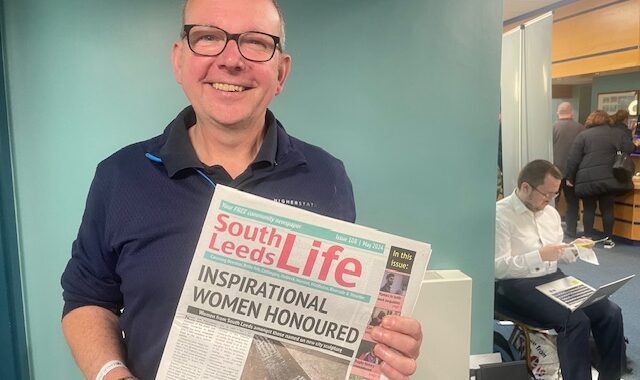One of my abiding memories of the 1997 General Election involves bumping into a candidate from one of the major parties in a beer cellar. The candidate was supposed to have been on air at the time, participating in a live hustings for the small local radio station I was working for.
During a short conversation with them it quickly became clear that they felt an informal meet and greet with a bunch of bemused students was a better use of their time.
That was until I gently nudged him in the direction of the nearest cab…
A decade and a half later I hoped this sort of incident was a thing of the past. But is that the case?
@BrownhillsBob @paulbradshaw we only got 4 / 7 local candidates respond to questionnaires ( and @wolvesonwheels 17 /78 across the city)
— WV11.co.uk (@WV11) May 21, 2014
Recent examples from Brixton Blog and Bugle, Sutton Coldfield Local, WV11, Kings Cross Environment, Wolves on Wheels, Birmingham Eastside and others suggest some politicians are failing to engage with local media outlets.
Not a single Lib/Dem candidate responded to our offer of space for a few words, here’s a round-up of those who did http://t.co/Wo7r7eXQJd — SuttonColdfieldLocal (@SCL_blog) May 21, 2014
Last minute responses #Elections2014 #cycling survey, 2 in @WV11 http://t.co/Qfxgkjvmk1 Overall response rate 19%, 0% from @WolvesConservat
— WolvesOnWheels (@wolvesonwheels) May 21, 2014
This clearly represents a missed opportunity. With membership of political parties and election turnout at a low a new tier of media offers the opportunity for politicians of all political persuasions to engage with their potential constituents as never before.
Evidence points to hyperlocal political coverage
And the evidence suggests that publishers are looking to cover political and community content, so candidates should be pushing at an open door.
Research presented last year by Dr Andy Williams at Cardiff University’s Community Journalism Conference 2013, showed that across 313 active websites, this type of content made up almost a quarter of stories being published.
And even without this empirical base, a cursory glance at a few community websites quickly shows the level of focus that many of them have on community – and local political – issues.
So why is there this disconnect?
Technology has made it easier than ever to target specific communities, whether communities of interest or from a specific locale.
The emergence of hyperlocal websites and community radio stations – coupled with social networks, blogs and other media channels – should mean that concerns about democratic deficits have become redundant.
Yet that is clearly not the case.
Reporter apathy or candidate apathy?
Media proliferation may mean that messages are being spread too thinly. It could be that political parties prefer to focus their energies on mainstream media and their own social channels; rather than those which are more grass-roots led. It might also be that apathetic candidates were less visible in news outlets which cover multiple wards and consitutencies and took a more party-based approach. “We’ve never seen [the local paper] approach individual candidates to profile” noted WV11.
@paulbradshaw @wolvesonwheels @WV11 what’s of equal interest is how candidates do or don’t engage in hyperlocal online discussions. — Jerome Turner (@jezturner) May 21, 2014
@jezturner @wolvesonwheels @WV11 absolutely. Trying to work out if it’s arrogance or apathy!
— Paul Bradshaw (@paulbradshaw) May 21, 2014
Or perhaps I am doing politicians and political parties a disservice; and they don’t get asked to contribute as much as we might think.
Williams’ research found that “only around half of the sample featured sources in their articles at all [a finding which] could have implications for: transparency, plurality, and the quality of local public debate,” particularly given the fact that only around 3 per cent of the posts sampled “contained any kind of disagreement”.
What’s not clear is whether publishers are seeking this input, and just not getting a response, or if this is a conscious editorial decision.
Given that many sites are run by small numbers of volunteers, there may not be enough hours in the day to chase up this sort of input.
@paulbradshaw Well some candidates and party’s keener than others – but too busy to chase anyway – and so many candidates with parish & EU!
— Eastleigh News (@Eastleigh_news) May 21, 2014
Either way, given the sizeable – and engaged – audience enjoyed by many hyperlocal outlets, it is disappointing to find that some political parties appear to be eschewing these routes into the community.
What’s been your experience of this?
Have you sought – and failed – to get input from politicians and local political parties? Have you found differences when dealing with local, national and European representatives? Have attitudes changed over time?
This blog was originally posted at Online Journalism Blog. Read the original post to give your comments, or tweet @paulbradshaw and @damianradcliffe to offer your experiences.
Image accompanying this article is copyright Wayne Large.




